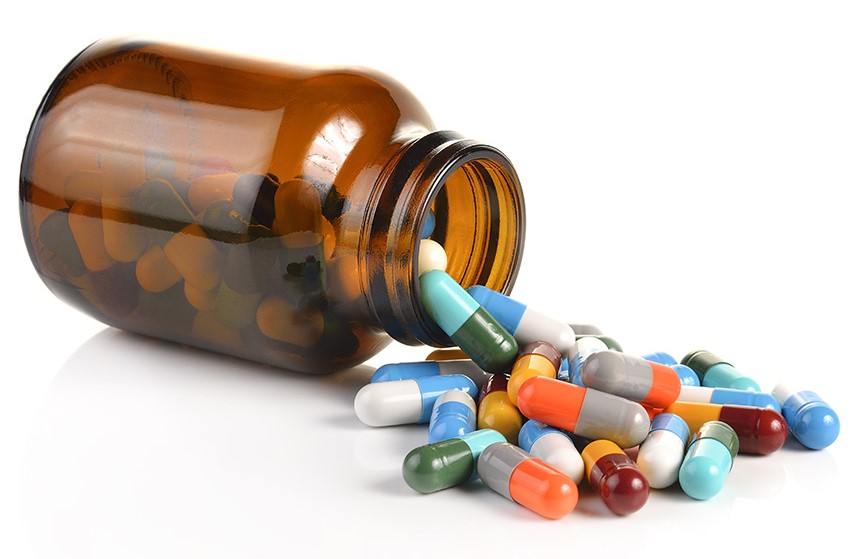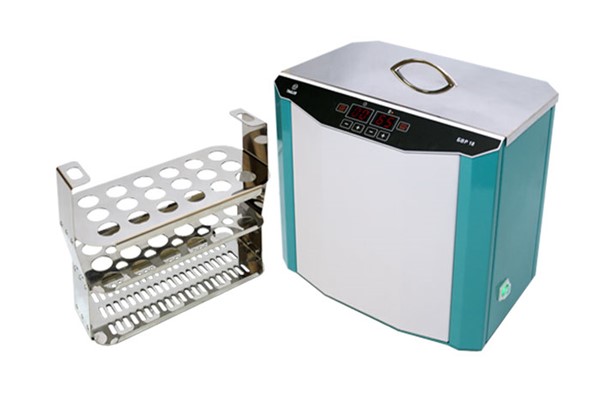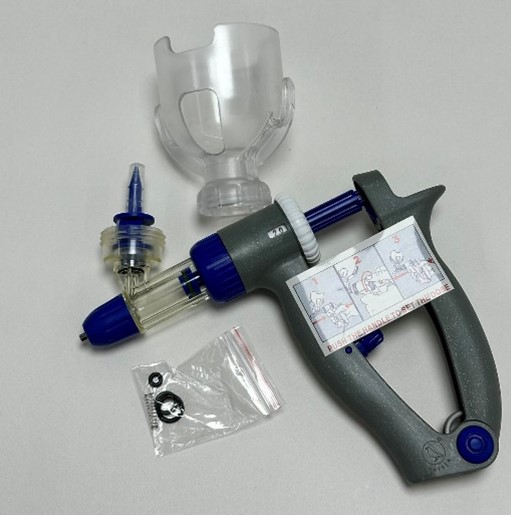Residual amounts of antibiotics in food products were found in the Bryansk testing laboratory of the Federal State Budgetary Institution "ARRIAH"

According to the provisions of the technical regulation of the Customs Union TR CU 021/2011 “On food safety”, unprocessed food (food) raw materials of animal origin should be obtained from healthy productive animals only after the expiration of the period of excretion from the body of drugs for veterinary use, including quinolones.
Quinolones are synthetic antimicrobial drugs that have a bactericidal effect. They are used to treat animals and birds from various bacterial diseases. With proper use and compliance with the terms of exposure of animals before slaughter, most of these substances are excreted from the body and are not stored in the tissues. If the regimen of prevention and treatment is violated, as well as as a result of non-compliance with the time of exposure of animals before slaughter until the complete removal of antibiotic residues from the body, quinolones can get into food products of animal origin. Their presence in food raw materials can have a negative impact on the human body, for example, lead to the development of allergic reactions and intestinal imbalance.
Since the beginning of this year, specialists from the chemical-toxicological department of the Bryansk Testing Laboratory of the FGBI "ARRIAH" in 9 samples of food products ( milk and dairy products - 6, meat products - 1, poultry meat - 2) by liquid chromatography-mass spectrometry (HPLC-MS) /MS) found antibiotics of the quinolone group.
The use of modern equipment, such as the QTrap 6500+ modular mass spectrometric system, allows laboratory specialists to determine the content of residual amounts of quinolones in food products and food raw materials with high accuracy. Research of food products is carried out both in the course of joint work with the Office of the Rosselkhoznadzor for the Bryansk, Smolensk and Kaluga regions to exclude the presence in circulation of food products that do not meet quality and safety requirements, and as part of the provision of paid services.



























































